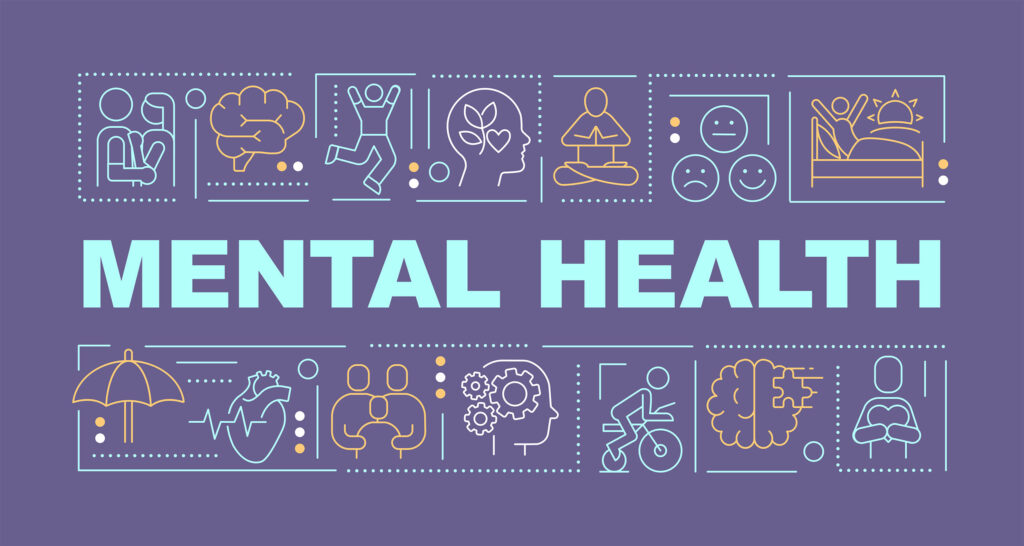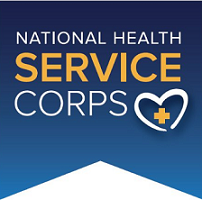Mental well-being is a need for people of all ages across all socio-economic backgrounds and locations. Finding someone who can provide individualized solutions to individual problems is essential to good mental health, and mental health therapists can do just that. Therapists are trained to help their patients through a range of mental health concerns, often specializing in specific areas of interest.
Many people turn to a licensed mental health therapist to find treatment for issues affecting their mental wellness, sometimes for short periods of time and sometimes for a lifetime. Whether you’re looking for a new therapist due to personal or relationship problems or simply want to learn more about this important profession, read on for an in-depth look into what a therapist is and what they do.
Mental Health Therapist Basics
A therapist for mental health is a licensed professional who works closely with clients to develop improved emotional and cognitive skills, ease symptoms of mental illness and learn essential coping skills to improve quality of life. Therapists give their clients access to a listening ear who has the education and training necessary to solve problems and provide support for better success and mental wellness.
What Does a Mental Health Therapist Do?
The day-to-day responsibilities of a therapist differ from person to person, but in general, mental health therapists talk with their clients about any symptoms they may be experiencing, discuss options for treating mental health symptoms and diagnose mental illnesses. In order to help people dealing with their mental well-being, therapists use talk therapy to listen to any problems or concerns a client has while offering solutions that the therapist and client work on together.
Most therapists specialize in a certain area, but some of the most common issues that they help people deal with include the following:
- Depression and anxiety
- Mental illnesses
- Marital problems
- Drug and/or alcohol addiction
- Abuse
- Familial relationship issues
- Suicidal ideation
- Behavioral problems
Keep in mind that a mental health counselor cannot “fix” a client’s problems but instead offers education, guidance, advice and helpful solutions to give the client the tools needed for success.
Training and Education

After graduation, therapists are usually required to gain several thousand hours of supervised clinical experience before becoming licensed. Once all requirements are met, a therapist can become licensed to practice therapy without supervision.
Where Therapists Work
Mental health therapists are employed in a wide range of settings. When most people think of therapy, they probably imagine sterile, medical offices where people go to talk about their problems. While this may be a common atmosphere, therapists work in many other places, including the following:
- Hospitals
- Schools
- Community health centers
- Prisons
- Businesses
- Private practice
There is a great need for mental health professionals outside of the traditional therapy office, giving even more people access to this helpful and beneficial service.
Types of Therapy Provided
There are differing types of therapists for mental health who may specialize in a certain type of therapy or who may only treat clients with certain mental illnesses or concerns. When choosing a therapist, it makes sense to understand what type of therapy they perform and whether it is the right fit for your needs.
Behavioral Therapy
An approach intent on pinpointing and correcting abnormal behaviors or developing new, normal behaviors.
Cognitive Therapy
With some attention given to behaviors, more focus is put toward challenging negative or dysfunctional thoughts to change how people feel.
Psychodynamic Therapy
A therapeutic approach that entails working closely with the client to discover unconscious motivations behind abnormal thoughts, feelings or behaviors.
Humanistic Therapy
This approach emphasizes a client’s capacity to make logical, rational choices and make changes to develop into the best version of themself.
Is a Mental Health Counselor a Therapist?
In general, the term “therapist” is all-encompassing and refers to psychologists, psychotherapists and counselors. When referring to a professional who works with a client to improve his or her mental health, therapist and counselor may be used interchangeably. However, there are a few minor differences between the two, typically in reference to education and training.
A counselor often has a bit less education or training but is still required to be licensed to practice. A counselor may specialize in a certain area, such as marriage counselling, to serve those looking to improve their marital or familial relationships. A therapist may have a higher level of education than a counselor, perhaps even a doctorate degree. The type of therapy offered by a therapist is usually a specialty for which the therapist has a great deal of training and education.
Finding a Mental Health Therapist
If a mental health therapist feels like the logical next step for your mental health needs, finding the right person is essential. For many clients, it takes quite a bit of trial and error to find a therapist that they really “click” with and who offers the right type of therapy for their specific needs. Don’t get discouraged if you have to meet with a few different therapists before you find one that feels like the right fit. Because your mental health is so important, be willing to shop around a bit before finalizing your decision.
Bear River Mental Health is a great source for highly trained and experienced therapists in Box Elder, Cache and Rich Counties. We have providers who work with individuals from childhood up to the elderly, as well as with families and in group settings. Finding the right mental health therapist can start with one phone call. If you’re ready to reach out for help, Bear River Mental Health is here with a range of services to meet practically any need. Call today.
Q&A for "What Is a Mental Health Therapist and What Do They Do?"
I need help but don't know what type of therapist I need. How do I choose the right one?
Consider your specific concerns (e.g., anxiety, relationships, addiction) and research therapists specializing in those areas. Ask about their therapy methods, experience, and approach to see if they align with your needs. Don’t hesitate to schedule consultations with multiple therapists to find the best fit.
Is therapy expensive? Are there affordable options available?
Costs vary depending on therapist qualifications, location, and insurance coverage. Explore options like community mental health centers, online therapy platforms, sliding scale payments, or employer-sponsored employee assistance programs (EAPs) for budget-conscious solutions.
What if I feel uncomfortable talking to a stranger about my problems?
Finding a therapist you feel comfortable and open with is crucial. Remember, they’re trained to provide a safe, supportive space for confidential discussions. Express your concerns during consultations and choose someone who fosters trust and understanding.
I'm worried about medication. Do all therapists prescribe drugs?
Not all therapists are licensed to prescribe medication. Some primarily use talk therapy techniques, while others collaborate with psychiatrists for medication management if needed. Discuss your preferred approach during consultations and clarify their medication prescribing practices.
Can online therapy be just as effective as in-person sessions?
Studies show online therapy can be equally effective for many concerns, especially anxiety and depression. It offers convenience, flexibility, and accessibility, particularly for those with busy schedules or transportation limitations. Consider your preferences and therapist availability when making your decision.
What if I don't feel better after a few sessions? Should I give up?
Therapy is a journey, and progress can take time. Be patient and communicate openly with your therapist about your concerns and expectations. If you don’t feel a connection after several sessions, consider trying a different therapist to find a better fit. Remember, prioritizing your mental health is an ongoing commitment, and finding the right support system is key.



